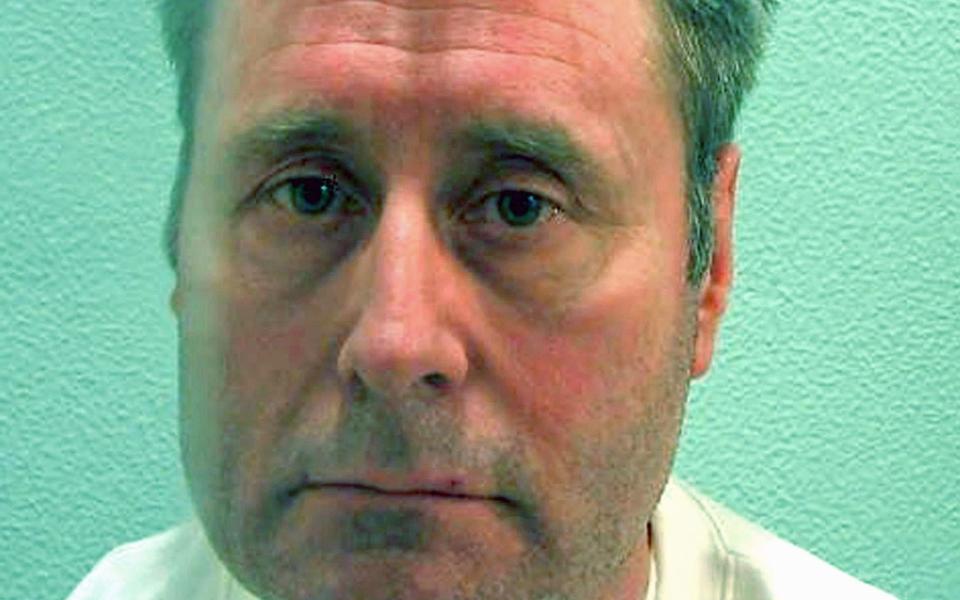'Black cab rapist' John Worboys could still be a risk when released, admits Parole Board

The head of the Parole Board has admitted he cannot guarantee the public’s safety when the ‘black cab rapist’ John Worboys is released at the end of the month.
Professor Nick Hardwick, the Parole Board chairman, defended the decision to grant parole to Worboys but accepted no release was without risk.
Official figures published by the Parole Board show 86 ‘serious violent or sexual offences’ - mainly murder, manslaughter, rape and child sex abuse - were committed by convicted criminals on parole in four years between 2013 and 2016.
The Parole Board insisted that fewer than one per cent of those released committed such serious crimes.
Prof Hardwick said in a statement issued on Tuesday: “I would not be honest if I pretended risk could be eliminated completely. Parole Board members need to be confident a prisoner will not reoffend - but they cannot be certain. If certainty is required that needs to be reflected in the length of the original sentence.”
A Parole Board spokesman said later: “We cannot be certain that Worboys won’t reoffend. That is true of any case; otherwise people would never be released.”
The Parole Board is facing a possible legal challenge to its decision to release Worboys, one of Britain’s most prolific sex offenders, who was convicted in 2009 of offences against 12 women and sentenced to a minimum eight years imprisonment.
Worboys preyed on women while working as a taxi driver in London. Police believe that more than 100 women were attacked by him although Scotland Yard had bungled opportunities to catch him earlier.
The Ministry of Justice is expected to decide by the end of the week whether to launch a judicial review in the High Court with victims’ lawyers also considering legal action.

One insider said lawyers will try to show that the Parole Board’s decision was either “perverse, irrational or dangerous”. It is thought that a review of an alleged failure to consult victims is unlikely to succeed.
Instead lawyers will draw upon a previous Parole Board review which rejected Worboys request to move from high-security Wakefield prison to an open prison as recently as 2015. Lawyers will question why Worboys, 60, was deemed too dangerous for transfer to an open prison then but just two years later was considered to no longer pose a serious risk.
One victim said: "The Parole Board have massive questions to answer. I find it incredibly hard to believe that someone that could be deemed too dangerous for open prison just two years ago, can now be considered safe to roam the streets as he pleases. I am terrified he will attack me again and have no reason to believe he won't."

Prof Hardwick said he welcomed any possible judicial review threatened by David Gauke, the Justice Secretary and Lord Chancellor, but in his lengthy statement also warned politicians not to interfere in the independence of his organisation.
“It would be a bad day for us all if people’s rightful abhorrence of Worboys’ crimes or concern about a Parole Board decision allowed these basic principles of justice to be overturned. Not on my watch,” he said.
Prof Hardwick also pointed out that the Ministry of Justice had a representative at the parole hearing at the end of last year at which Worboys was questioned by the three-member panel.
Prof Hardwick said “public concern about the Worboys case” was “completely understandable” but added: “We have to make decisions about future risk. We cannot re-assess the prisoner’s guilt or innocence or whether the original sentence was appropriate even if we would like to do so.”

 Yahoo News
Yahoo News 